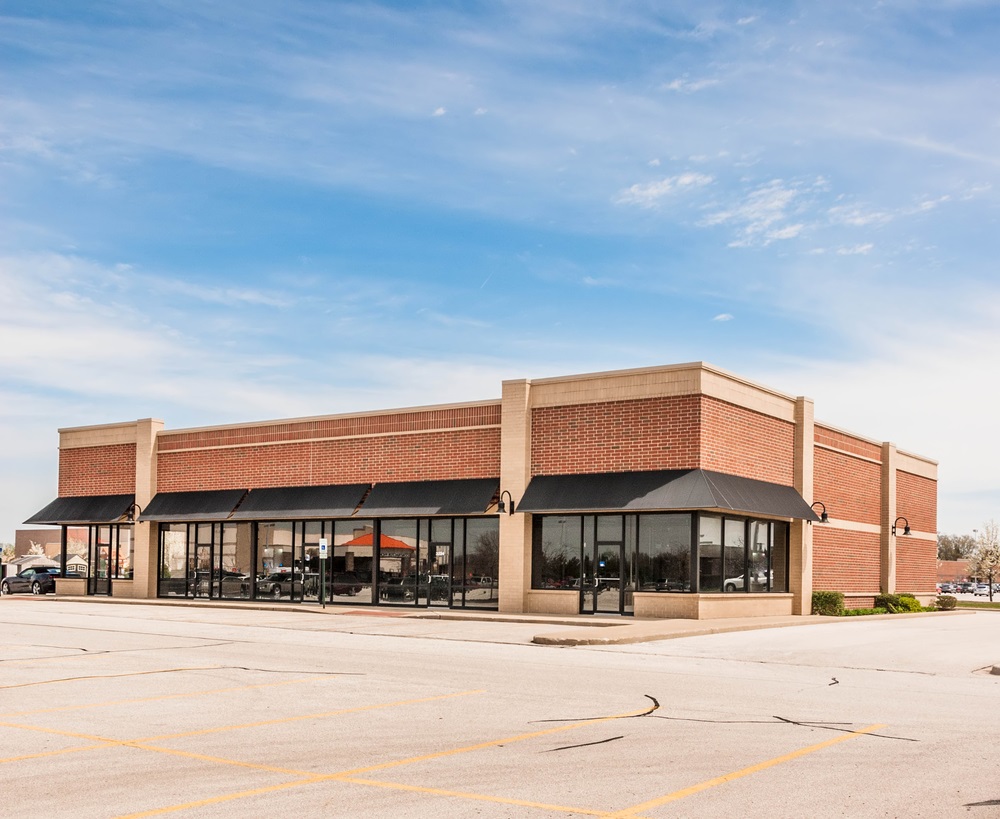Access to a Neighbor’s Property for Remediation Purposes
New Jersey is one of the most densely populated states in the country and the mid-Atlantic corridor to the Northeast. It is legendary for some of its environmental problems, and consequently, is a favorite target of stand-up comics. All joking aside, New Jerseyhas no shortage of commercial properties that are in need of environmental remediation, and that have contamination migrating onto other properties. How does the owner of such a property legally gain access to the adjoining property in order to clean up any contamination that may have migrated there?
New Jersey law (N.J.S.A. 58:10B-16) requires property owners to grant access to adjoining property owners where there is a “reasonable possibility” that contamination is migrating onto their properties. Subsection b of the statute provides as follows:
The court shall promptly issue any access order sought pursuant to this section upon a showing that (1) a reasonable possibility exists that contamination from another site has migrated onto the owner's property, or (2) access to the property is reasonable and necessary to remediate contamination. The presence of an applicable department oversight document or a remediation obligation pursuant to law involving the property for which access is sought shall constitute prima facie evidence sufficient to support the issuance of an order.
The statute authorizes a property owner to obtain access where it is required to determine “if a contaminant has migrated or is migrating” to a property owned by another. Note that the statute does not authorize access where a property owner alleges that contamination is migrating onto the owner’s property. In those instances, a property owner may proceed via a traditional lawsuit in the ordinary course, in which the parties may avail themselves of the discovery necessary for a full adjudication on the merits.
Usually, a landowner who wishes to gain access to an adjoining property for the purpose of remediating contamination is able to persuade the adjoining landowner to allow access. The parties will usually enter into a mutually acceptable access agreement. There are instances, however, where the parties are unable to reach an agreement, requiring the party responsible for remediation to obtain a court order allowing for access. In order to invoke the benefits of the statute, a landowner must send the adjoining landowner a written demand that includes the following information:
- A description of the obligation that the person responsible for conducting the remediation has to remediate the site;
- A site map indicating each area for which access is needed;
- A description of the reason access is needed and the extent of access needed;
- A description of the remediation to be conducted indicating the approximate time of initiation of the remediation and the approximate time necessary to implement the remediation; and,
- A request that the property owner respond in writing to the person requesting access within 30 days after receipt of the written request.
If the adjoining property owner fails to respond, a second notice must be sent. If the adjoining property owner again fails to respond within 30 days, the responsible party may file an application in the Chancery Division of the county in which the property is located, seeking an order granting access.




